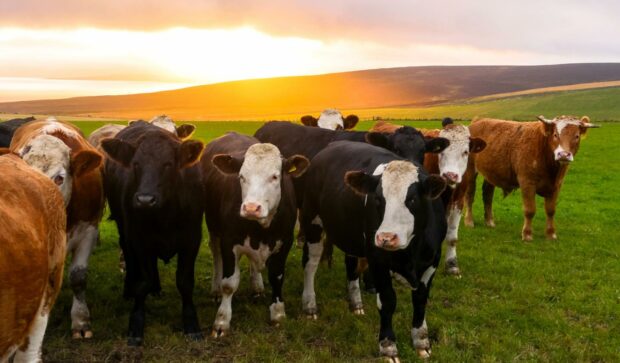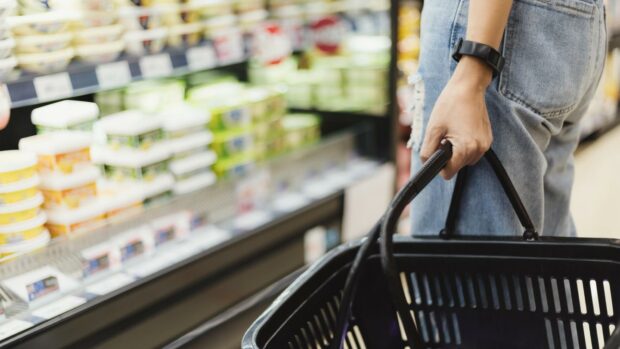The majority of consumers believe UK farmers care about the planet, according to new research.
The consumer research from UK farm levy body, the Agriculture and Horticulture Development Board (AHDB), reveals 65% of consumers think UK farmers care about the planet, more so than all others in the supply chain.
The research also found that just under half of consumers – 46% – believe UK farming practices have a positive impact on the environment, however 18% believed farming had a somewhat or very negative impact on the environment.
AHDB’s consumer insight analyst, Rachel Rose, said these findings highlighted the need for industry to communicate the environmental initiatives that are being implemented on farms across the country to both ease consumer concerns and maintain, or even grow, the positive perception of farming.
The research also found that although climate change remains a concern for consumers, they are more concerned about the impact of factories and industry – concerns about food and farming place fifth on the list, behind air travel, waste disposal and energy production.
Ms Rose said further research carried out by IGD reveals 49% of consumers believe it is the responsibility of retailers to only sell sustainable products, and 60% believe retailers should not sell out of season products if they emit more greenhouse gases.
The IGD research also found consumers are concerned about global supply chain with 54% saying they were concerned about the environmental impact of meat and dairy being imported from abroad.
“Although consumers are presented with more information than ever before about the environmental impact and sustainability of different foods, purchase decisions are still motivated by taste, quality and price – of which the pandemic has only amplified,” said Ms Rose.
“However, those who are concerned about the environmental impact of foods, want to hear more from farmers about what they do and how they are working to become even more sustainable.”
She said AHDB’s current We Eat Balanced campaign was focused on farmer stories and she hoped the latest research would encourage farmers to share more of their stories with consumers.
The We Eat Balanced campaign aims to highlight the role meat and dairy from the UK play in a balanced and sustainable diet, with a focus on highlighting both food groups as a natural source of vitamin B12.
Farm levy body prepares to relaunch meat and dairy TV campaign in January

